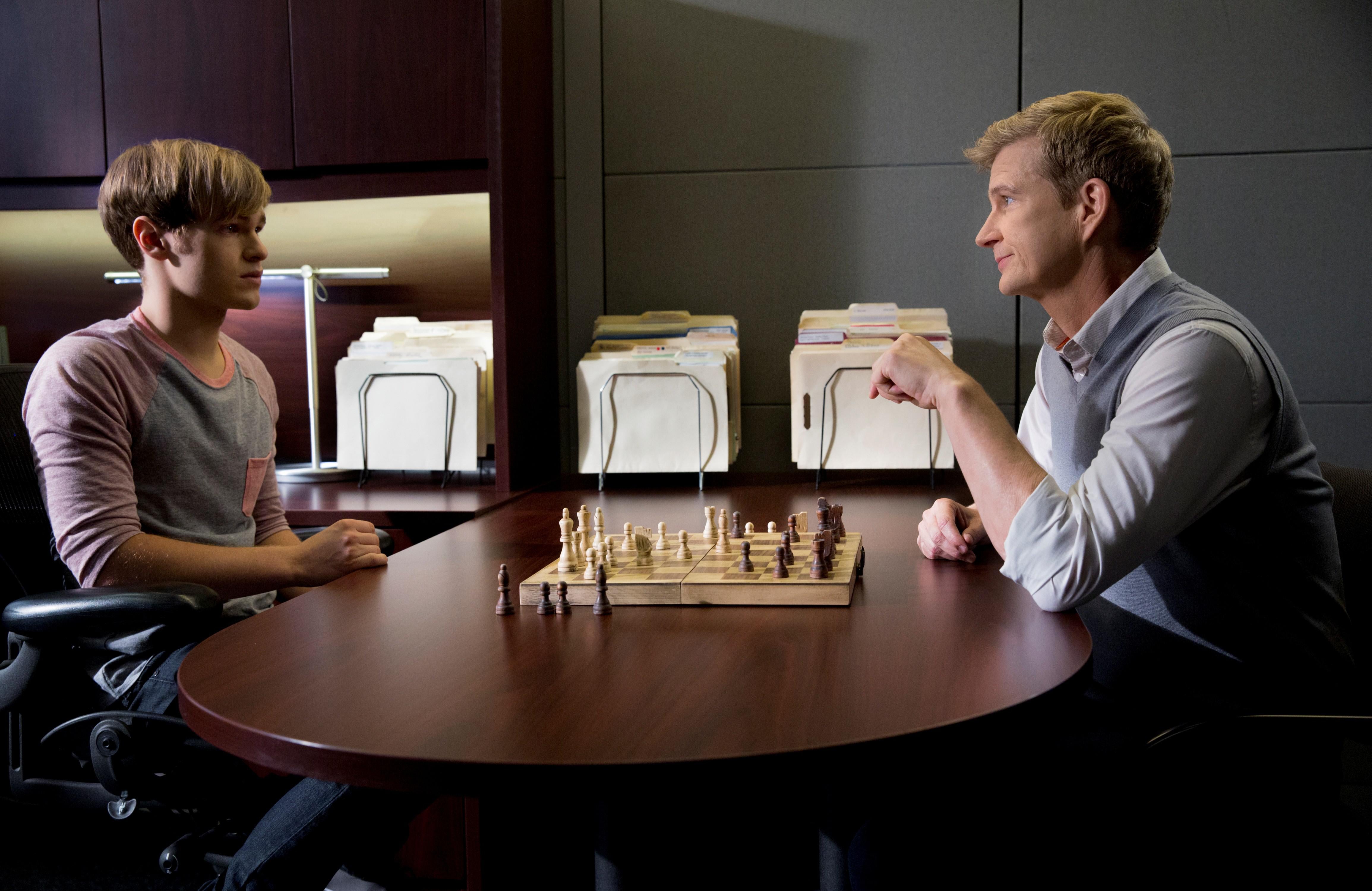TNT’s Major Crimes is what I think of as a whiplash show—one where I’ve never been quite sure how comfortable I should feel about its queer content. On one hand, it features a team of heterosexual cops who are unfailingly respectful of the LGBTQ victims and suspects they interact with, along with a medical examiner who is matter-of-factly gay (just as he’s matter-of-factly a Latino immigrant, once evincing surprise when the cops of the Major Crimes Squad were unfamiliar with his favorite childhood TV show). At the same time, this summer, an episode called “Boys Will Be Boys,” about an M-to-F teenager, made it seem like having a kid who was transitioning would be the ruin of an otherwise loving family.
A couple of weeks ago, I got a chance to chat with Mary McDonnell, who plays Capt. Sharon Raydor—yes, Stands With a Fist is now Chases a Criminal—and what she told me made me feel better about the show. When I asked about Raydor’s relationship with Rusty, a teenager once abandoned by his addict mother and forced to work as a hustler, who Raydor has realized is gay perhaps before he knows it, she told me:
I think that [the show’s creator] James Duff, who is a brilliant gay man, who just got married to his partner, and who has a deep respect for the truth of individuality and the truth of commitment and love, would naturally in his characters, have aspects of accepting the beauty of sexuality, whatever it is.
He has also been committed to telling stories that are horrifically biased against certain sexuality or sexual identity. So that is a part of Major Crimes, I think it’s really great, because it is very much part of what the justice system has to handle and try to make right: the great injustice toward outsiders or outliers, in whatever form.
In other words, in episodes like “Boys Will Be Boys,” which showed the horrible bullying that transgender kids are often subject to, and how that bullying can make other members of the family miserable, Major Crimes isn’t suggesting that this behavior is appropriate. Rather, it is showing what some people have to put up with, how unfair that is, and how much other people’s prejudices interfere with their ability to live a life that’s fulfilling and truthful. It’s pointing out the injustice rather than justifying it.
Of course, an actor’s statement can’t turn a hurtful show into a supportive one, but McDonnell’s words rang true for me. When it portrays the lives of a transgirl being bullied and killed or a teenage boy who has been exploited by older men, Major Crimes is trying to be honest about the world. Hateful and abusive people exist, but at least one team of cops is trying to defend the rights of the weak and show the unloved that someone cares for them.
